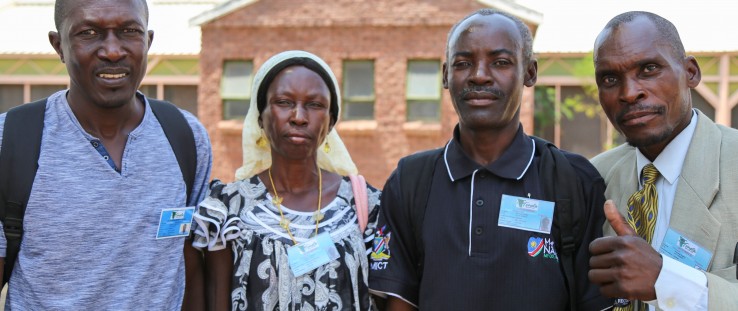 Members of Let’s Unite wear their support group ID cards provided by TONATA.
Sheena Sharifi, USAID
Members of Let’s Unite wear their support group ID cards provided by TONATA.
Sheena Sharifi, USAID
 Members of Let’s Unite wear their support group ID cards provided by TONATA.
Sheena Sharifi, USAID
Members of Let’s Unite wear their support group ID cards provided by TONATA.
Sheena Sharifi, USAID
Under the shade of a giant tree, men and women clap in rhythm, dancing in a circle as they sing about overcoming HIV as a community. They are members of Let’s Unite, a support group in Namibia’s northern Ohangwena, a region heavily affected by the 2016 El Niño drought. They are working together to ease their collective burden of lifelong HIV treatment.
Fourteen percent of Namibia’s 2.3 million citizens have HIV. The population is spread over a large geographic area, making access to HIV medicines a challenge for many living in rural and remote areas.
One civil society organization named TONATA is working to overcome these barriers through local support groups, including Let’s Unite. TONATA means “open the eyes of your heart” in Oshiwambo, one of many Namibian regional languages. TONATA is the main network organization for people living with HIV in Namibia. Launched in 2008 and supported by USAID, it serves as a community partner with Project HOPE’s Namibia Adherence and Retention Project, which focuses on ensuring that individuals and families are enrolled in care, remain in care and, if they are on treatment, take their medications correctly.
TONATA helps create HIV support groups across 11 of Namibia’s 14 regions, encouraging members to learn about positive living, stay on their treatments and participate in community projects to generate income. In addition, support groups connect members to service providers and community and constituency leaders to whom they can bring their system-wide concerns. So far, there are more than 15,000 members in 500 support groups.
Let’s Unite includes HIV-positive individuals and caregivers who support an HIV-positive spouse, child or family member in their households. The group meets on the first and last Saturday of each month. Group members also take turns caring for community members who have fallen ill during the course of their disease or as a side effect of treatment, and follow up with those who have discontinued their treatment.
Recurring difficulties faced by many support groups are the long distances required to get to health facilities for HIV antiretroviral (ARV) drugs and the costs associated with caring for those faced with illness or unemployment.
Let’s Unite has developed its own system of community-based ARV refills and distribution. Each month, a member travels about 10 miles to the nearest health facility, the Engela District Hospital, to pick up medicines. Group members who can read and write take turns making the pickup.
“Having such self-formed groups that work towards alleviating their own problems benefits not only the group members, but also the health care system,” says Dawit Tsegaye, deputy chief of party for Project HOPE. “Currently, many health facilities are overcrowded with patients who are coming only to pick up their medicines. A community-based ARV refill and distribution system will massively decrease the congestion at health facilities.”
When a monthly ARV pickup date draws near, one support group member collects all ID cards for members with the same pickup date.
“The hospital knows about the Let’s Unite group, so when they bring all the ID cards for pickup, we know whose medication they are picking up,” says Hilde Wanakashimba, one of the co-founders of the group and a pharmacy assistant at the Engela District Hospital. “When individuals come to pick up ARVs, they have to wait for hours. Some come at 7 a.m. and don’t get their medication until 7 p.m. Having one person pick up for the whole group improves wait time.”
Let’s Unite has a shared community fund supported by sales of handmade goods and produce at local markets. Proceeds are used to support HIV caregivers in the group, pay for transportation for ARV pickup and help buy food for community members who have fallen ill.
Felisia Shilongo is a mother of four who joined Let’s Unite in 2006. She sells handmade necklaces for the community fund, conducts household visits to raise awareness about Let’s Unite and serves as a caregiver for her neighbors.
She learned that she was HIV-positive in 2005, after being diagnosed with tuberculosis. Despite taking her TB medication regularly, Shilongo was not feeling any better, and decided to get tested. After finding out her status, she isolated herself from family and friends, and constantly worried that others might be talking about her. Joining Let’s Unite has improved her confidence.
“There are so many benefits to being a part of Let’s Unite. Before I became a member, I felt hopeless and demoralized. Now, I am much healthier, and I don’t live with self-stigma and discrimination,” says Shilongo with a big smile and thumbs-up. “I gain health information from the group and I feel more free. I am living with HIV openly and take my ARVs openly.”
Immanuel Mupika joined Let’s Unite in 2008. He works as a tailor, but spends his free time leading the support group choir, which plays an important spiritual role in helping members stay motivated and hopeful about living with HIV. In 2006, he explains, he was extremely ill. People used to walk by his house, peer in and gossip about his deteriorating health. He was referred to Engela District Hospital, where he tested positive for HIV. Joining the support group has allowed him to become an advocate for testing and taking ARVs regularly.
“When I was not in the support group, I felt like I couldn’t even walk in public. Anytime I heard someone laugh, I assumed they were laughing about me or knew about my status. Now, I feel empowered,” says Mupika. “I’m also well-equipped with health information to share with others. I’m a healthy man and I often disclose my status publicly at community events. ARVs have helped me live a good life.”
Mupika feels he can serve as a good example for other men by being open about his status. Although getting men to join the support group is a big challenge, he plans to continue to encourage other men to get tested, start ARVs, and be open about their status.
Because of the distribution system, to date, not a single group member has experienced a lack or shortage of ARVs. Members also say they appreciate the counsel, support, respect and encouragement they receive from one another, and feel that everyone listens without judgment.
Let’s Unite has served as an example for other support groups in Ohangwena and beyond. Using the system developed by Let’s Unite, TONATA and Project HOPE have created a toolkit and identified seven other support groups to begin implementing community-based ARV systems. They plan to continue introducing this idea to more of the 500 support groups they work with, in hopes that the system will be increasingly used to improve the number of Namibians who can regularly access ARVs and live healthfully with HIV.








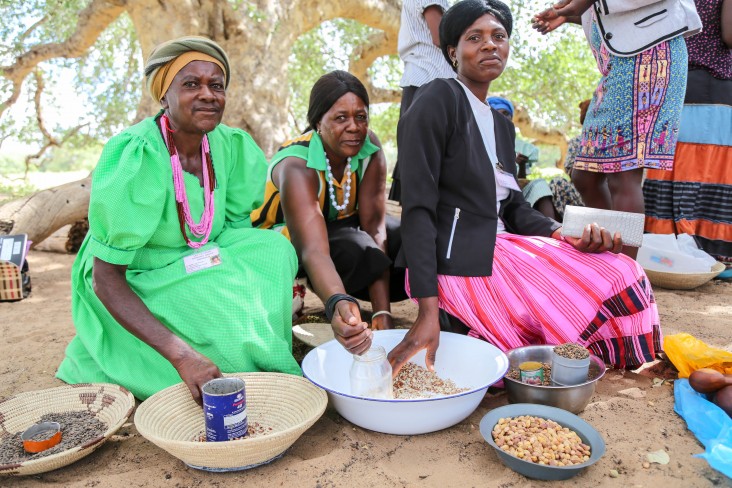
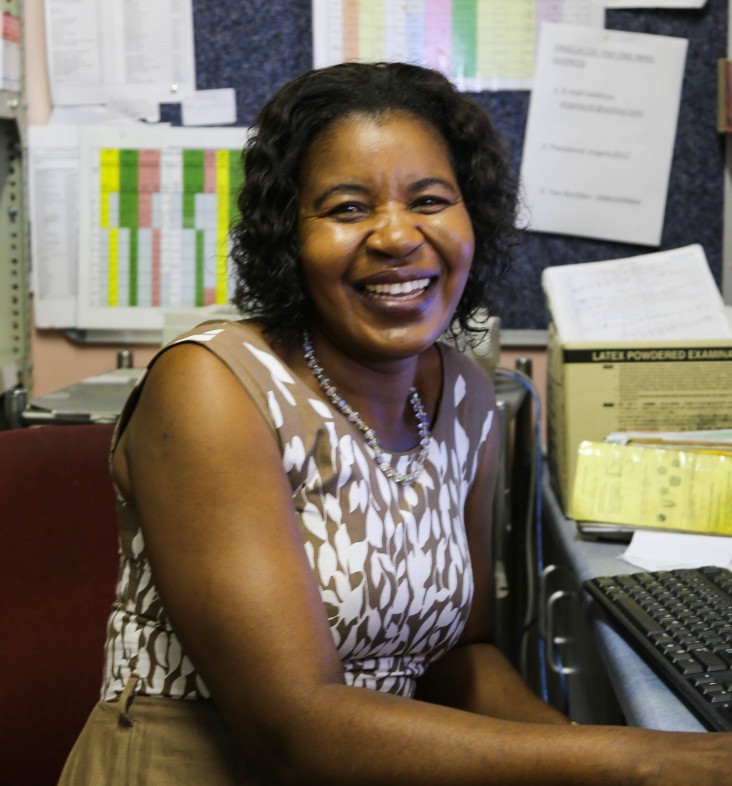
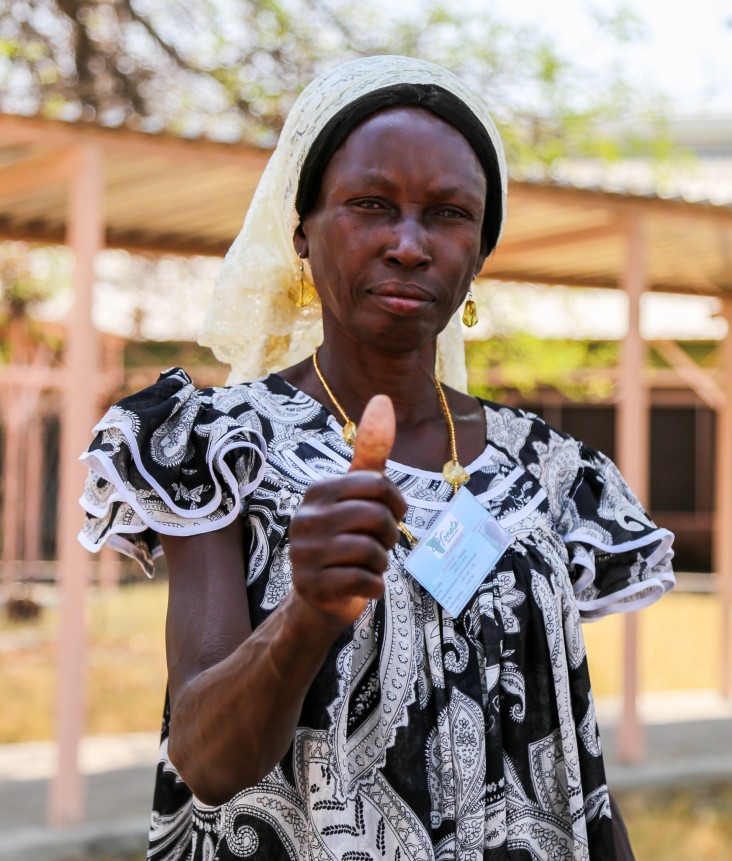
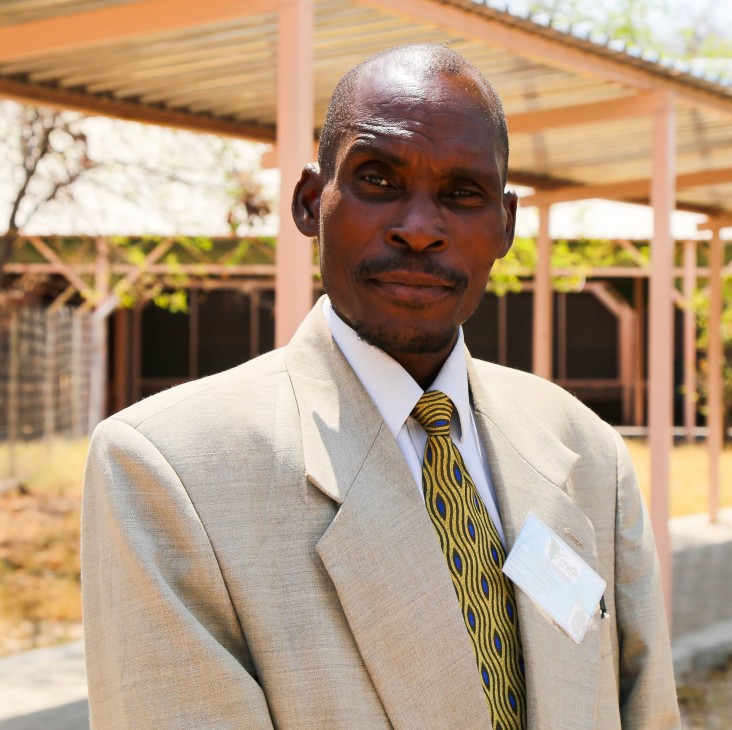
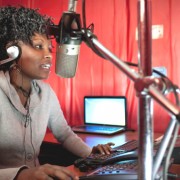
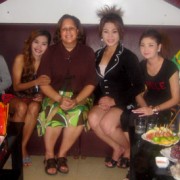
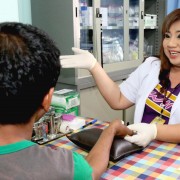
Comment
Make a general inquiry or suggest an improvement.